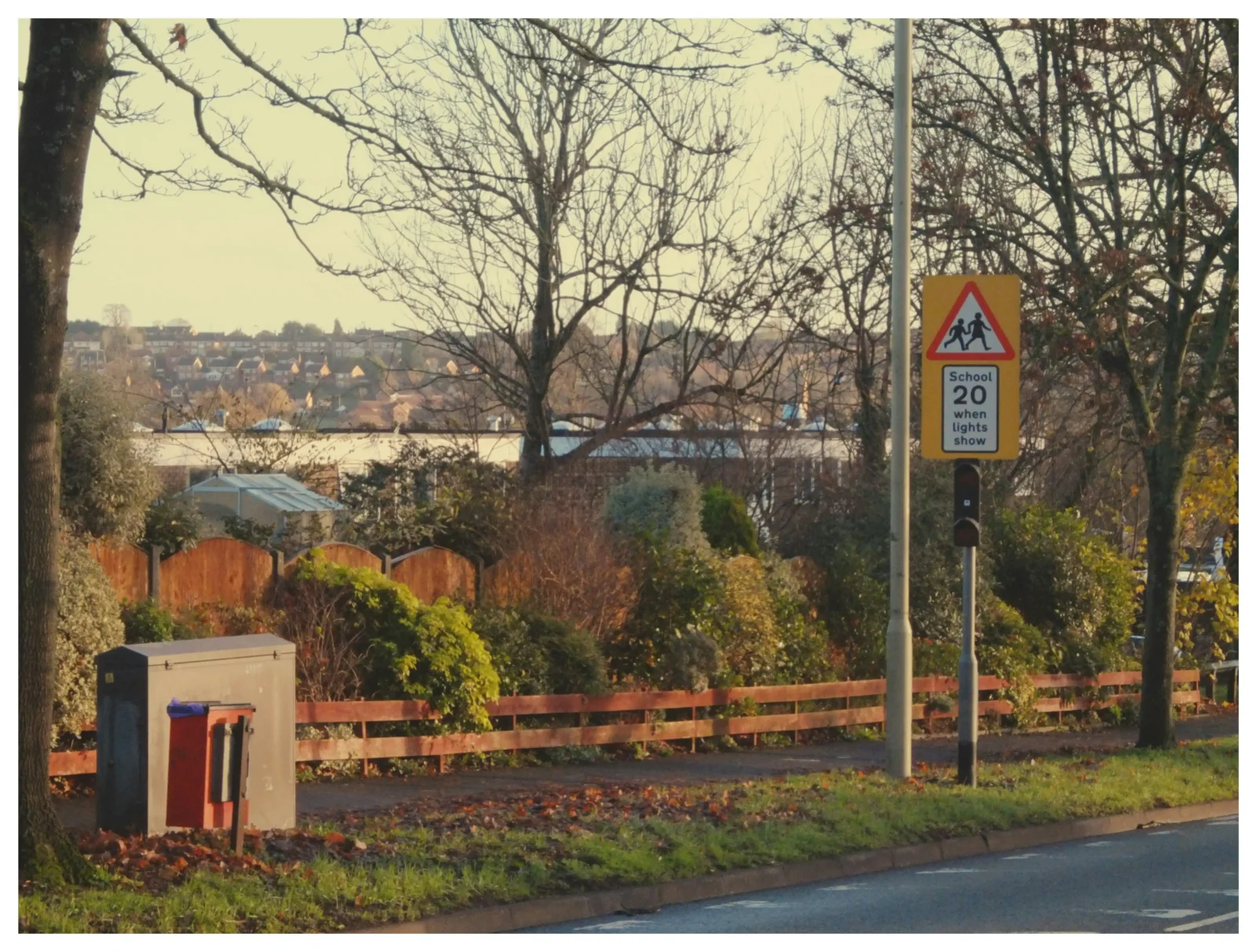- Home
- Articles
- Architectural Portfolio
- Architectral Presentation
- Inspirational Stories
- Architecture News
- Visualization
- BIM Industry
- Facade Design
- Parametric Design
- Career
- Landscape Architecture
- Construction
- Artificial Intelligence
- Sketching
- Design Softwares
- Diagrams
- Writing
- Architectural Tips
- Sustainability
- Courses
- Concept
- Technology
- History & Heritage
- Future of Architecture
- Guides & How-To
- Art & Culture
- Projects
- Interior Design
- Competitions
- Jobs
- Store
- Tools
- More
- Home
- Articles
- Architectural Portfolio
- Architectral Presentation
- Inspirational Stories
- Architecture News
- Visualization
- BIM Industry
- Facade Design
- Parametric Design
- Career
- Landscape Architecture
- Construction
- Artificial Intelligence
- Sketching
- Design Softwares
- Diagrams
- Writing
- Architectural Tips
- Sustainability
- Courses
- Concept
- Technology
- History & Heritage
- Future of Architecture
- Guides & How-To
- Art & Culture
- Projects
- Interior Design
- Competitions
- Jobs
- Store
- Tools
- More
Custom Trading Platform Development: A Comprehensive Guide to Building Your Own Trading Platform

In today’s fast-paced financial world, the need for reliable, customizable trading platforms is growing rapidly. Many businesses and individual traders are looking to create tailored solutions that meet their specific trading needs. But what exactly goes into custom trading platform development, and why is it so important?
What is a Custom Trading Platform?
A custom trading platform is a bespoke software solution created specifically for the unique needs of an individual trader or business. Unlike standard, ready-made platforms, it is tailored to fit precise trading strategies, tools, and functionalities that are critical for the user. This allows traders to have full control over their trading environment, from custom analytics and risk management features to specialized algorithmic trading support. The development process focuses heavily on integrating real-time data, high-speed execution, and security measures to protect sensitive financial transactions. Ultimately, a custom trading platform offers greater flexibility, scalability, and performance compared to generic alternatives.

Source: Unsplash
Why Custom Trading Platform Development is Gaining Popularity?
Custom trading platform development is gaining popularity due to the increasing complexity and demands of modern financial markets. The rise of algorithmic trading, high-frequency trading, and decentralized finance (DeFi) requires platforms that can handle specialized strategies and process large volumes of trades at lightning speed. Standard platforms often lack the flexibility to adapt to these evolving technologies or integrate the specific tools traders need for success. Additionally, as financial markets become more competitive, traders seek platforms that can be customized to offer a competitive edge, enhanced performance, and seamless scalability. Custom solutions also allow for better integration of advanced analytics, security features, and real-time data, making them more appealing to both individual traders and institutions.
The Benefits of Custom Trading Platforms
- Tailored to Specific Needs
One of the most significant advantages of custom trading platforms is that they can be tailored specifically to meet the unique requirements of the user. Whether you need certain algorithms for high-frequency trading or want to implement specialized risk management tools, a custom platform gives you the flexibility to do so.
- Enhanced Security
Security is paramount in financial trading. With a custom platform, developers can implement security features that go beyond what is typically available in standard platforms. These could include advanced encryption, multi-factor authentication, and real-time fraud detection systems.
- Better Performance and Scalability
Unlike off-the-shelf solutions, custom platforms can be optimized for better performance and can easily scale as your trading volume grows. This ensures that the platform remains fast and efficient even during peak trading hours.
- Flexibility and Control
With custom platforms, you have complete control over the features and functionalities. You can integrate new tools, add custom analytics, and even adapt the platform as your trading strategy evolves.
Common Challenges in Custom Trading Platform Development
- High Initial Costs
Developing a custom platform can be expensive due to the resources and expertise required. However, the long-term benefits, such as tailored functionality and scalability, often outweigh these initial costs.
- Regulatory Compliance
Trading platforms must comply with regional financial regulations. This includes adhering to Know Your Customer (KYC) and Anti-Money Laundering (AML) laws, which can vary significantly between countries.
- Ensuring High Performance Under Load
During peak trading hours, a platform may experience a surge in traffic. Ensuring your platform can handle this without lag is a challenge that needs to be addressed early in the development process.
- Dealing with Cybersecurity Threats
Cybersecurity threats are a constant concern in the financial world. Regular security audits and updates can help keep the platform secure from malicious attacks.

Source: Unsplash
Cost of Developing a Custom Trading Platform
The cost of developing a custom trading platform can vary significantly, depending on several factors such as the platform’s complexity, the features required, and the technology stack chosen. On average, a basic trading platform with essential functionalities might cost anywhere from $50,000 to $150,000. However, more advanced platforms with features like algorithmic trading support, real-time data feeds, advanced charting tools, and robust security measures could easily reach $300,000 or more. The team’s expertise also influences costs; hiring experienced developers, designers, and security experts typically increases the overall expense. Additionally, integrating with financial data providers like Bloomberg or Reuters, along with ensuring regulatory compliance, can add substantial costs. Ongoing maintenance, security updates, and the need for regular feature upgrades further contribute to the total investment. It’s essential to factor in post-launch costs, such as server hosting and customer support, which can impact the long-term budget.
Regulatory Considerations
When developing a custom trading platform, regulatory compliance is a critical factor that cannot be overlooked. Financial regulations vary significantly across different regions, so your platform must adhere to the specific legal requirements of each market in which it operates. For example, in the U.S., platforms must comply with the rules set by the Securities and Exchange Commission (SEC), while in Europe, they must follow the Markets in Financial Instruments Directive (MiFID II). Compliance with Know Your Customer (KYC) and Anti-Money Laundering (AML) laws is mandatory, requiring the implementation of processes to verify user identities and monitor suspicious activities. Data privacy regulations like the General Data Protection Regulation (GDPR) in the EU also play a crucial role, dictating how customer data is stored and protected. Failing to meet these regulatory standards can lead to severe penalties, fines, or even suspension of trading operations. Therefore, legal consultations and compliance audits are essential throughout the development process to ensure the platform meets all regulatory obligations.
Choosing Between Custom and Off-the-Shelf Trading Platforms
When deciding between a custom and an off-the-shelf trading platform, the choice largely depends on your specific needs, budget, and long-term goals. Off-the-shelf platforms are quicker to deploy and generally more affordable upfront, making them ideal for traders who need a basic solution or have limited financial resources. However, they often come with limitations in terms of customization and flexibility, meaning you’ll need to adapt your trading strategies to the platform’s features. Custom platforms, on the other hand, offer complete control over functionality, allowing you to design every aspect to fit your specific trading requirements, whether it’s algorithmic trading, advanced analytics, or personalized user interfaces. While custom solutions are more expensive and time-consuming to develop, they provide the scalability and performance needed to grow with your business. Additionally, custom platforms can be tailored to integrate with unique tools, financial data sources, and security features that off-the-shelf platforms may not support. In the long run, a custom solution offers greater flexibility and adaptability, making it the better choice for traders looking for a highly specialized platform.
Custom trading platforms, like https://inveritasoft.com/industries/trading, provide businesses and traders with flexibility, security, and the ability to scale. While the development process requires significant resources, the long-term benefits make it a worthwhile investment.
illustrarch is your daily dose of architecture. Leading community designed for all lovers of illustration and #drawing.
Submit your architectural projects
Follow these steps for submission your project. Submission FormLatest Posts
8 Famous Architects Who Embrace the Golden Ratio
Explore eight renowned architects who incorporate the Golden Ratio into their work,...
Small Home, Big Impact: How Sustainable Choices Reduce Your Family’s Carbon Footprint
Even small, simple changes at home can meaningfully reduce your family’s carbon...
Popular Ideas for Office Building Entrances
Unique architectural features can improve an office entrance. Think about elements like...
Choosing a Guardian for Your Child Through a Will
Did you know that about 1.3 million Americans have $50 billion in...












Leave a comment